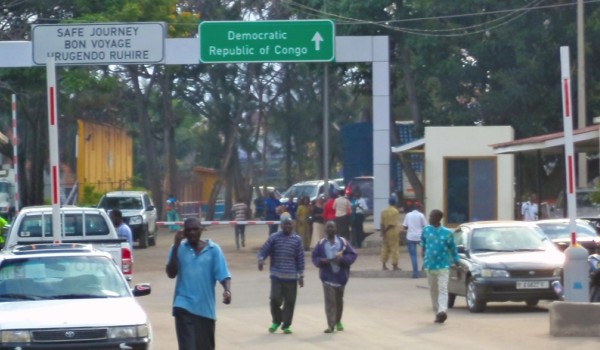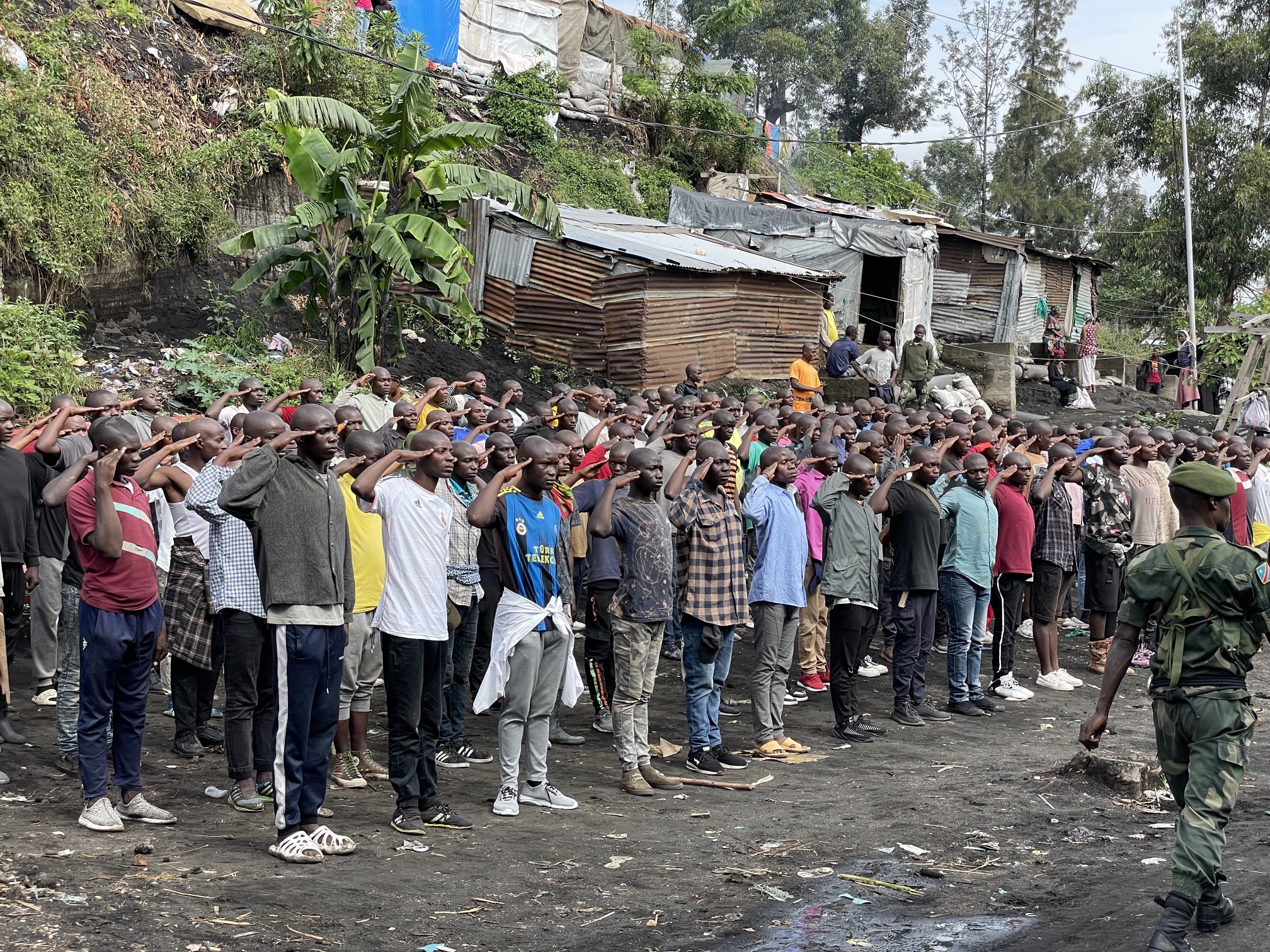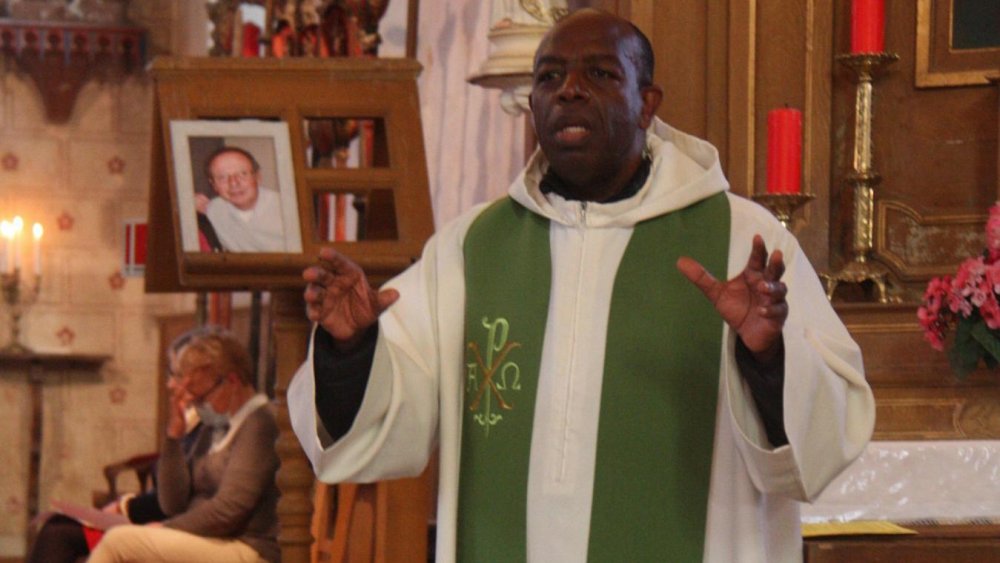Opinion
Diversion, deceit and the Rwanda-Congo affair
Part Two: The Banality of Evil

The
first time I heard that Rwandans, and specifically those believed to be of
Tutsi descent, had brought their massacre and attempted extermination upon
themselves, I must have been about 13.
Sat
in the history class of a Nairobian school, I watched as the white woman tasked
with instructing us coddled the young (white) girls visibly disturbed by a gang
rape scene in the movie Sometimes in April.
Mrs
Teacher explained calmly that there were no limits to the violence that a human
could inflict when provoked, but that to not provoke them in the first place,
was to preserve oneself from harm. The teary-eyed teens sniveled and nodded,
visibly reassured.
Now
that I know some of the troubling deceptions used to vilify the Tutsi-identified
Rwandan and to victim-blame, I suspect that Mrs Teacher did not sympathise with
the victim, but rather with their butcher.
It’s
strange; try as Rwanda may to destroy the rift at home (for it is in fact
unfounded), onlookers, listeners, self-appointed critics, will systematically
choose to identify with either ethnic group’s stereotypes.
When
Mrs Teacher shrugged off the mass murder of +1,000,000 people over a period of
100 days, a perceived relatability between the “perpetually-wronged working
class” she identified with in her native England, and the Hutu genocidaires,
lay beneath her serene tolerance of the intolerable.
You
will find that this supposed (again, unfounded) relatability and resulting
hostility towards our current leadership still persists today, in British
leftist politics, which are as we speak depicting the Rwanda-UK Asylum deal, as
a death sentence for poor migrants being sent to suffer under the terrible,
terrible hand of terrible, terrible, “aristocratic” (shoutout to Michela Wrong)
FPR.
There
is so much I would wish to say to these people now – some of which would not be
so polite – but in that little room on the second floor of Braeburn Secondary
School in Nairobi, where the acacia trees beyond the aged little square windows
willowed gracefully as African children were taught to rationalize their own
persecution, I said nothing.
I
silently mulled over the fact that the person entrusted to enrich my mind had
just implied that my country people, my brothers and sisters, deserved to be
massacred. “Did Tutsi-identified Rwandans Deserve to Die After All?” is a
question you will hear almost everywhere outside of Rwanda, when the Tutsi
genocide is brought up.
Over
the years, the versions of this rhetoric I have experienced have varied with
the level of objectivity that my interlocutor was attempting to feign.
Like
Mrs Teacher, I find that Westerners, for fear of the sheer cruelty and
invalidity of their rhetoric being exposed to those over which they claim moral
superiority, will mask their hatred for communities they’ve perceived as
indocile and insolent, behind worry for other communities, making the latter
the victims of invented crimes, with a magic wave of the wand of
neocolonialism. It’s quite psychologically perverse, but I suppose they enjoy
the exercise.
These
days, our neighbours beyond the Kivu Lake have chosen not to burden themselves
with the labour of pretense. Tedious contortions of the truth have been
abandoned to make room for the rather familiar, and ever as nauseating, open
hatred for the Rwandan, the “Tutsi Rwandan”, and the “Tutsi Congolese”. In
a village in Eastern Congo, habitants have taken to cannibalism to dehumanize
those they perceive other, even beyond their deaths.
It
is not enough that Rwandans or Banyamulenge should die due to a perceived
difference; they should be violated in the most gruesome manner in the process.
They should be burned, or have their flesh torn apart and consumed, as
onlookers cheer on in crazed, hateful glee.
When
discourse purposely overlooks this attempted trigger to a genocide, it is
passively advancing, as I believe it did in 1994, as I believe it did in 1957,
as I believe it did in the mid-19th century, as I believe Mrs
Teacher told us, goggly-eyed children, in 2008, that “some” Rwandans indeed
deserve to die.
I
will never stop questioning such hostility.
But
hated or not, Rwandans know that we are not to blame.
You
know, we know, everybody knows: over the past several decades, Congo’s internal
conflicts have unfortunately been plenty. A huge, wealthy country once
considered a personal piggybank for Belgium (“Tout ca ne nous rendra pas le Congo”,
which roughly translates to “All this will not give us back Congo” is still a
commonly used expression locally), when Congo bleeds, someone feeds.
Who
would this feeder be? Well, we have seen plenty of large middles gorging on the
sorrow of African people, enriching themselves beyond explicable greed, their
opulent “private palaces” across the world nauseatingly filled with
suspiciously-obtained gold....and none of these abundant forms are sitting in
Rwanda’s high offices.
I
challenge anyone to tangibly prove me otherwise.
In
the meantime, I would invite you to note that the Congolese Presidency alone,
has spent, over the past year, twice
as much as was voted by the Congolese Senate and National Assembly, through the
“Loi de Finances de L’exercice 2021 au premier semestre”, and about 4
times as much as it was publicly projected that they would. And where did this
excessive expenditure by the Congolese highest office, worth about 156,000
Congolese people’s yearly
salaries, go?
Banquets,
perhaps.
A
Public Expenditure Review co-written by the Congolese authorities and published
by the World Bank, states that: “Expenditure tracking after the
funds leave the Treasury is almost never done.”
Essentially,
Congo is comfortably admitting that its citizens’ money is being excessively
signed off in broadday light, with no accountability on where it actually turns
up.
There
is no other way to put it: these are thieving tactics.
So
why and how is Rwanda blamed? (mpo na kokoba)
Click here to read the first part of this four-part series.
Source:
www.newtimes.co.rw






